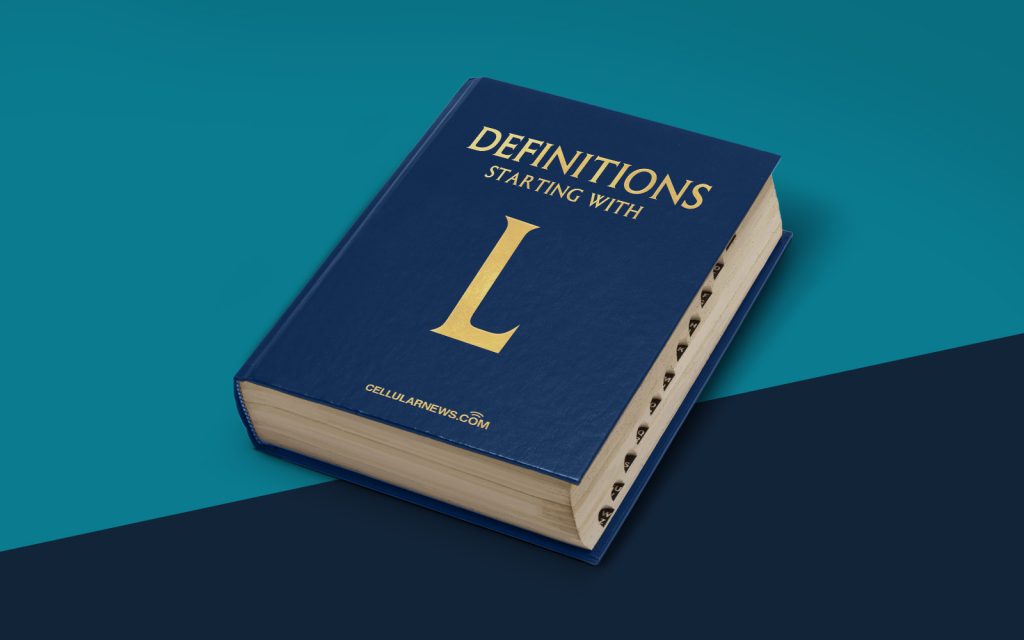
Welcome to the world of laptops: A comprehensive guide
Have you ever wondered what a laptop is? In this post, we’ll explore the definition of a laptop, its features, and its importance in our daily lives. So, let’s dive in and unravel the world of laptops!
Key Takeaways:
- A laptop is a portable computer that combines the functionality of a desktop computer with the convenience of mobility.
- Some key features of laptops include a built-in keyboard, display screen, touchpad or trackpad, compact design, and battery-powered operation.
At its core, a laptop is a versatile electronic device that integrates the essential components of a desktop computer into a manageable and portable form. Picture a device that fits comfortably on your lap while providing all the computing power you need. Sounds convenient, right?
With a laptop, you can accomplish tasks that were once limited to the confines of your desk. Whether you’re a student, a professional, or a casual user, laptops have become an integral part of our digital lives. They enable us to work, create, connect, and entertain ourselves from almost anywhere.
Features that define laptops:
1. Compact Design: Laptops are designed to be compact and lightweight, making them easy to carry and use on the go. Their slim profiles and sleek finishes add to their aesthetic appeal.
2. Built-in Keyboard: Unlike desktop computers, laptops come with a built-in keyboard. This allows for easy text input, making tasks such as writing emails, documents, or even coding a breeze.
3. Display Screen: Laptops feature an integrated display screen, ranging in size from smaller, ultraportable models to larger screens suitable for multimedia use or graphic design.
4. Touchpad or Trackpad: Instead of a traditional mouse, laptops utilize a touchpad or trackpad for cursor control. This provides a seamless navigation experience without the need for external peripherals.
5. Battery-powered Operation: One of the most significant advantages of laptops is their ability to operate on battery power. This allows you to work, study, or enjoy entertainment even when you’re away from a power source.
Now that we’ve covered the basics, it’s essential to understand why laptops have become so essential in our lives.
The importance of laptops in our daily lives:
- Portability: Laptops allow us to carry our work or entertainment with us wherever we go. Whether you’re traveling, working from a coffee shop, or attending classes, the portability of a laptop makes it an indispensable companion.
- Productivity: With laptops, we can access a wide range of applications and software that enable us to work efficiently, streamline our tasks, and stay organized. This enhances our productivity levels and helps us achieve our goals.
- Connectivity: Laptops empower us to stay connected with the world. With a laptop and an internet connection, staying in touch with friends, family, and colleagues through emails, video calls, or social media platforms is just a click away.
- Entertainment: Laptops offer a plethora of entertainment options, from streaming movies and TV shows to playing video games. Their versatility allows us to unwind and enjoy our favorite forms of entertainment whenever and wherever we want.
As technology continues to evolve, laptops will continue to play a vital role in shaping our digital lifestyles. So, the next time you open your laptop, take a moment to appreciate the incredible convenience and possibilities it brings to your fingertips.
Whether you use it for work, study, or leisure, a laptop is an indispensable tool that allows us to explore the world, connect with others, and express our creativity. Embrace the power of this portable wonder, and let it unlock new horizons for you!
